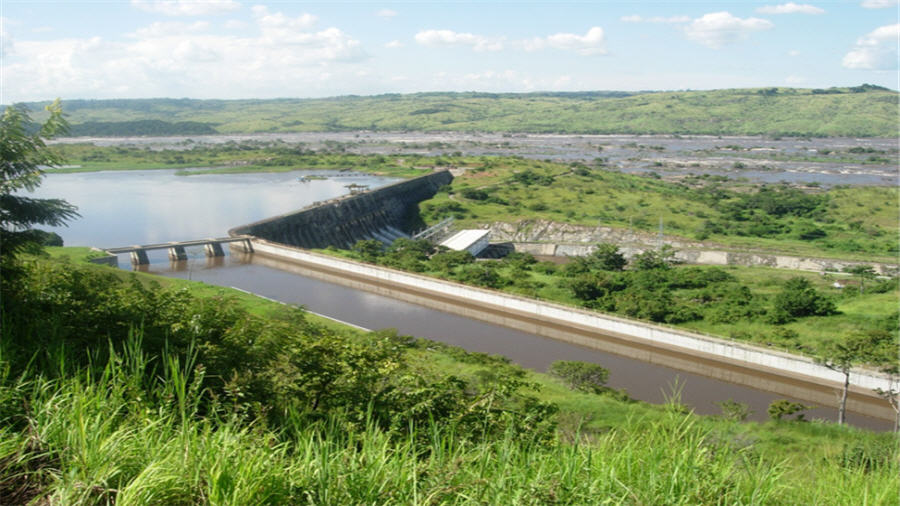Billionaire Forrest ‘can’t wait forever’ for $80 billion Congo hydro deal

Australian mining billionaire Andrew Forrest warned he “can’t wait forever” to seal a deal with the Democratic Republic of Congo for a hydropower and green hydrogen project that would be the biggest investment in Africa yet.
The proposed development on the Congo River would produce at least 40 gigawatts of power — equivalent to almost a quarter of Africa’s total current capacity — and construction could start about 18 months after an agreement is signed, Forrest said in an interview Tuesday. He declined to specify how much capital his company would invest, with previous estimates pegging the cost at $80 billion.
“The best way to go is to have a collaboration of investors or partners,” he said. “We’ve made very clear to the Chinese, the Europeans, the Americans, other Asian companies that this is a project of global significance. We can provide the expert management that they rely on to get the project done.”
Grand Inga would be the largest single source of renewable energy globally, with about double the capacity of China’s Three Gorges Dam, currently the world’s biggest hydropower facility. It would also help boost access to power in sub-Saharan Africa, where more than half the population isn’t connected to the electricity grid. In Congo, about one in five of its near-100 million people have access to power, World Bank data show.
The International Finance Corp., the World Bank’s private lending arm, estimated a decade ago that the project would cost $80 billion. Forrest’s company, Fortescue Future Industries Ltd., has never publicly provided any capital cost estimate for the project. The firm plans to use the electricity that Inga would generate to produce green hydrogen for domestic use and export.
Grand Inga could be almost double the current planned size, “but we’ve wound down the production in order to make sure the environment is fully protected,” Forrest said on the sidelines of the Bloomberg New Economy Gateway conference in Marrakesh, Morocco. The development would be the largest project in Africa to date, he said.
“We want to do it on a collaborative basis,” Forrest said. “But we can’t wait forever.”
Congo’s government and President Felix Tshisekedi’s office didn’t respond to text messages requesting comment. In January, Tshisekedi told Bloomberg that he wanted Fortescue to allow other investors, especially from Africa, into the project and to consider scaling down its ambitions in order to speed up development.
‘Tremendous opportunities’
“Once you add on all the tremendous economic opportunities, the huge growth which will come from that, the fact that we’re allocating 12 gigawatts to the communities itself, which will really electrify the Congo basin, it could be in that region,” Forrest said when asked about the $80 billion cost estimate. “But the businesses which come off, the electrification of the Congo basin plus our investment will be at least that much if not much more.”
Earlier at the conference, Forrest said that 2023 is the deadline to reach a deal with the government, or Fortescue could walk away.
“If ink doesn’t go on that contract this year, then we have to inform the president that there’s too many other countries” to develop projects in, he said.
(By Matthew Hill, with assistance from Michael J. Kavanagh and Thomas Hall)
More News
{{ commodity.name }}
{{ post.title }}
{{ post.date }}




Comments